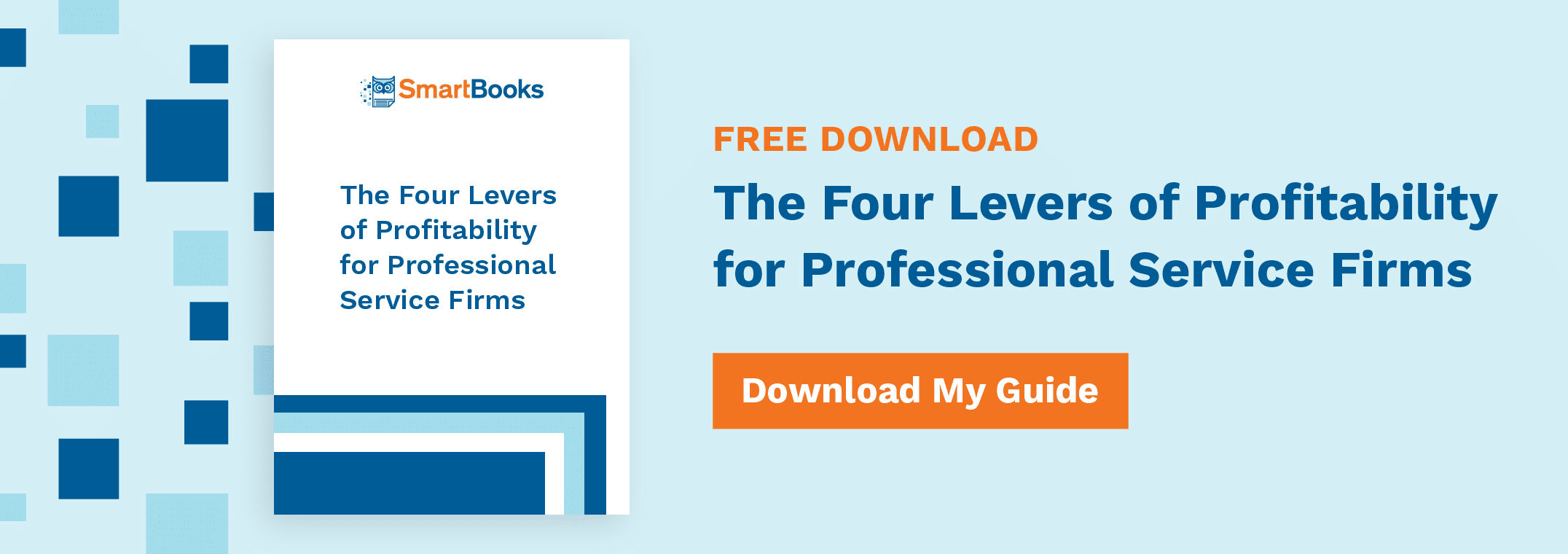Small Business Accounting Guidelines: Steps For Running & Scaling Your Business

Small business owners have a lot on their plates. Today, you’re CEO. Yesterday, you were leading a sales meeting. And tomorrow, you’ll be working with marketers to generate leads.
Your accounting duties might seem daunting on top of everything else you do, but bookkeeping for your small business does not need to be a burden. In fact, with the right experts in your corner, you can learn how to use financial data to your advantage.
Small Business Accounting Tips
Here are some small business accounting best practices, from initial business formation to scaling in the long-term.
First Steps
For business startups, one of the first decisions you’ll make is which accounting methodology to use. This will determine how you record expenses, income, and other data. There’s a lot that goes into this decision, so make sure you choose the right accounting method for your business.
It also helps to get familiar with your company’s most important small business accounting reports. There are three reports you’ll be referencing the most:
- Balance Sheet – Overview of your assets and liabilities
- Cash Flow Statement – Record of income and cash outflows
- Income Statement – Report of profits and losses
These three crucial financial reports offer a surprisingly detailed overview of your company’s performance.
Preparing Statements
Small business accounting means preparing reports regularly to keep yourself informed about company performance. Dedicate specific time each month to update your books, run reports, and perform bank reconciliations.
These are all good accounting practices, but with the right reporting tools, you can use this financial data to strategically boost your company.
Best Practices for Growth
Businesses with small accounting departments know that bookkeeping is change-sensitive.
Build Accurate Financial Projections
Financial projections help you know which investments to make and which loans to take. They’re forecasts for different areas of your company; like cash flow, inventory levels, sales capacity, demand shifts, or customer behavior. Changes in benchmarked indicators can offer insights that’ll come in handy for your long-term financial planning.
Aim for Consistency
Stability is a good thing in bookkeeping. Ideally, you’ll set up accounting processes that are consistent and accurate. Processes can include monitoring for trends across accounts receivables and three-way matching across invoices, purchase orders, and receiving reports before logging anything into accounts payable.
Automate with Software
Small business accounting software can do great things these days. Even entry-level accounting platforms can integrate your account and automatically track your business expenditures, organize them by parameter, and use that data for automatic invoicing. Accounting software can flag specific customers based on previous payment history or generate reminders to follow-up on invoices.
Managing Your Small Business Accounting
There’s a lot that goes into accounting, even for smaller companies. Business owners can’t be expected to do it all, which is why outsourcing is becoming a more popular option.
Whether you outsource to an expert, hire an in-house team, or do the whole thing yourself, best practices still apply. Be consistent and structured in your approach and try to build good habits early.
Understand the four levers of business profitability by downloading our free guide.
